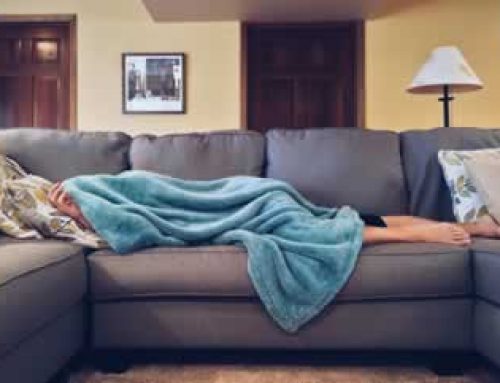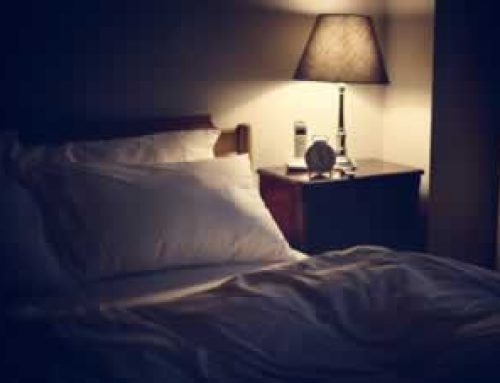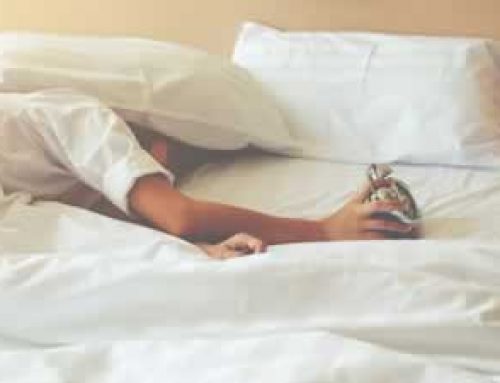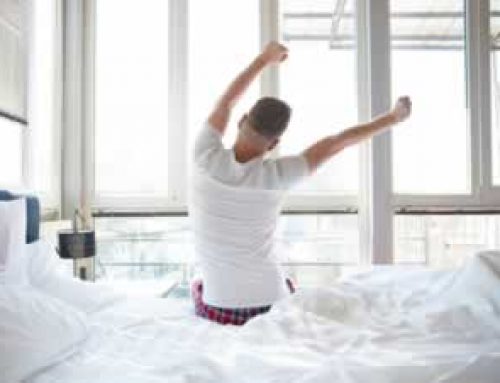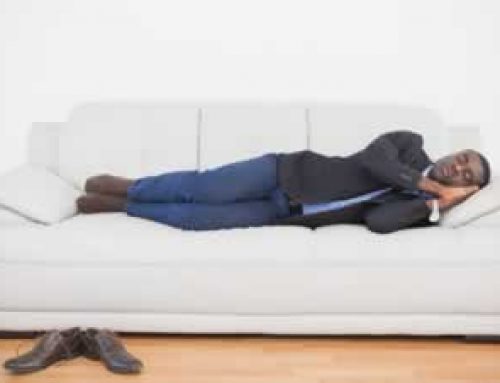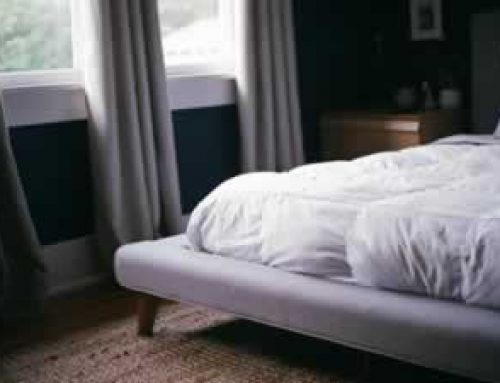The Ultimate Guide to the Sleep Habits of the Most Successful Sleepers
Understanding the value of a quality night’s sleep is a defining characteristic of both the most successful sleepers and the most successful business people. Just ask Jeff Bezos of Amazon, Arianna Huffington of the Huffington Post and Thrive Global, Jennifer Lopez or Warren Buffet – they’ll all tell you that sleep is one key to success. While a small percentage of people are wired to run on a few hours of sleep, the majority of us need 7-10 hours of quality sleep a night to perform at our very best – an essential for reaching peak success.
Sleep is the dominant force that enables us to decide what deserves our attention, helps us keep our anxiety in check, strengthens our memory, helps us stay physically healthy, and so much more. While you’re sleeping your body is busy doing essential maintenance on itself – repairing muscles, releasing hormones, consolidating memories, cleaning your brain, and so much more. Without a sufficient quantity of quality sleep, this maintenance doesn’t get done properly, leaving you open to a myriad of problems. Problems that you simply don’t have time for.
An estimated 45% of Americans have had their lives affected by poor sleep in the past week, and nearly 9 million of us use sleep aids. The impact on our personal and professional lives is profound. Poor sleep can lead to a myriad of health problems like hypertension, weight gain, diabetes, a weakened immune system, and heart disease. Plus it costs organizations an average of $2,280 a year per sleep-deprived employee in lost productivity. The great news is that you can adopt the sleep habits of the most successful sleepers in no time by making a few changes to your routine and bedroom.
Adopt the Routine of a Successful Sleeper
- Maximize your exposure to natural light – Getting the right amount of natural light at the right times during the day helps to regulate your sleep-wake cycle. Start by opening the shades the first thing in the morning, take breaks throughout the day to go outside and get some sunlight, and block out the sun and other sources of blue light as bedtime nears.
- Get in a morning workout – Working out in the morning is optimal for quality sleep. If you must exercise in the evening, be sure to finish your workout at least three hours before bedtime and keep the intensity low to moderate, giving your body time to flush endorphins and cortisol.
- Nap between 1-3 pm – If you’re feeling very sleepy in the afternoon, experts recommend taking a brief power nap between 1-3 pm for 10-26 minutes. Note: Studies have shown that napping in the afternoon can reduce nighttime sleep quality, so only nap if you’re sleepiness is impacting your ability to be effective.
- No caffeine after 3 pm – Caffeine stimulates adrenaline production, which reduces sleep quality. Even if you need coffee to function in the morning or want to use it to maximize the effectiveness of a nap be sure to avoid it or other caffeinated drinks after 3 pm to minimize caffeine’s effects on your sleep.
- No cocktails after 7 pm – While alcohol initially acts as a sedative and may cause drowsiness, the drop in blood alcohol levels a few hours later can cause sudden wakefulness.
- Manage the stress – Even minor emotional or physical stress can increase cortisol levels, which causes sleep disturbances. Take time to relax, meditate, or do yoga before bed. Resist the urge to check work emails or projects after 7 or 8 pm.
- Put away electronics 2-3 hours before bed – TVs, laptops, tablets, and cell phones output the same short-wavelength blue light as the sun, which prevents your body from producing the melatonin you need to get to sleep. Put your devices to bed in another room! Or at least silence them and turn them face down, so their light and noise don’t keep you from getting a night of quality sleep.
- Create a consistent bedtime routine – Establishing a consistent pre-sleep routine that minimizes stress and blue light is vital to getting quality sleep. A regular routine signals to your brain and body that the time for sleep is nearing. Your routine can include activities such as taking a warm bath, meditating, journaling or reading a book. Consistency will help you get to sleep more quickly and sleep more deeply during the night.
- Don’t go to bed hungry – Going to bed on an empty stomach leads to a restless night. If you’re hungry before bed, snack on foods that contain tryptophan or melatonin which support sleepiness. Foods that are high in tryptophan include protein-based foods like nuts, seeds, tofu, cheese, red meat, chicken, turkey, fish, oats, beans, lentils, and eggs. Foods that are high in melatonin include Rainier cherries, wheat, barley, oats, walnuts, strawberries, tart cherries, tomatoes, almonds, sunflower and other seeds, eggs, fish, pistachios, bananas, pineapples, and red wine. Avoid heavy meals or fatty foods that can result in indigestion.
- Don’t force yourself to sleep – Go to bed at the usual time, if you don’t fall asleep within 20 minutes, get up and do something calming by low, soft light (don’t watch TV, check your phone, or play games on your tablet). When you start to feel tired, go back to bed. Trying to force sleep can trigger stress hormones keeping awake longer. Sticking to a regular sleep-wake schedule will minimize this problem.
Copy the Sleep Environment of a Successful Sleeper
- Limit bed use to sleeping and sex – If the bed is regularly used for activities done while awake, like watching TV, working on the computer, or playing video games, the body may begin to associate the bed with waking activities, leading to difficulty falling asleep.
- Keep pets out of your bed – While some people say they feel like they get good sleep while sleeping with their pet, research shows that this isn’t the case for most people. A research study found that 63% of pet owners who shared their bed or bedroom with their pet experienced poor sleep quality and 30% reported waking up because of their pets at least once a night. This kind of interrupted sleep impacts you as if you only slept for a few hours; it results in attention, mood, and daytime sleepiness issues.
- Keep it cool – While there’s considerable debate on the perfect sleeping temperature, everyone agrees that it needs to be cool in order for you to get a good night’s sleep. A cool room helps make you drowsy as your core body temperature falls. The ideal temperature for most people sleeping falls somewhere between 65-72 degrees Fahrenheit.
- Maximize your comfort – From your sleeping attire to your mattress and its coverings, whether or not they are comfortable for you can contribute to greater or poorer quality of sleep. Opt for natural fibers and the best quality of each that you can afford.
- Minimize disruptions with ambient sound – As you sleep, your brain continues to register and process sounds, increasing your heart rate and blood pressure. Pink, white, and brown noise can all be used to help you relax and even drown out other noises that can keep you awake. A fan, white noise machine, or the sound of a waterfall can keep out noises that would keep you awake or wake you during the night.
- Block out ambient light – Studies have shown that exposure to ambient light while you sleep can cause misalignment of your circadian rhythms. This includes even the smallest amount of light your brain can detect through closed eyelids (such as from your night light or alarm clock) to exposure to blue light from electronic devices. Ideally, your bedroom should be as dark as possible without your bumping into things. Close the blinds, use blackout curtains, face the alarm clock away from you, and skip the nightlight.






